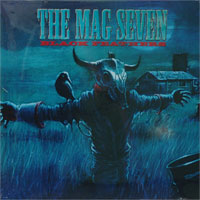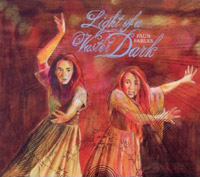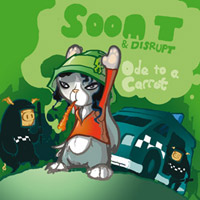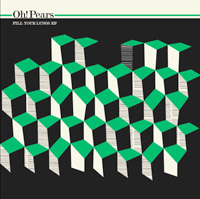Scott Morrow is ALARM’s music editor. Patrick Hajduch is a very important lawyer. Each week they debate the merits of a different album.
 Zorch: Demo (3/8/11)
Zorch: Demo (3/8/11)
Zorch: “Zut Alore!”
[audio:https://alarm-magazine.com/wp-content/uploads/2011/03/Zorch_Zut_Alore.mp3|titles=Zorch: “Zut Alore!”]Morrow: Zorch is a frantic instrumental-rock duo that used its debut EP to present swirling keyboard arpeggios, baritone synth grooves, and hyperactive beats that ever-so-slightly recall Zach Hill (after he comes down from speed). Originally recorded and released on a small scale in 2009, Demo is seeing a re-release and new press push, thanks to a series of SXSW dates and some love from NPR.
Hajduch: “Zut Alore!” the opening track, actually fails the “instrumental” test with its four-bar chant that closes the track out. There’s a nice riff backed with some big drums and a “bass line,” as it were, provided by a Fender Rhodes. It’s simultaneously hooky and spastic; they find a way to nail that delicate balance that Lightning Bolt has made its wheelhouse.



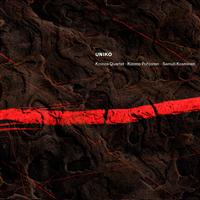 Kronos Quartet, Kimmo Pohjonen & Samuli Kosminen: Uniko (
Kronos Quartet, Kimmo Pohjonen & Samuli Kosminen: Uniko (

